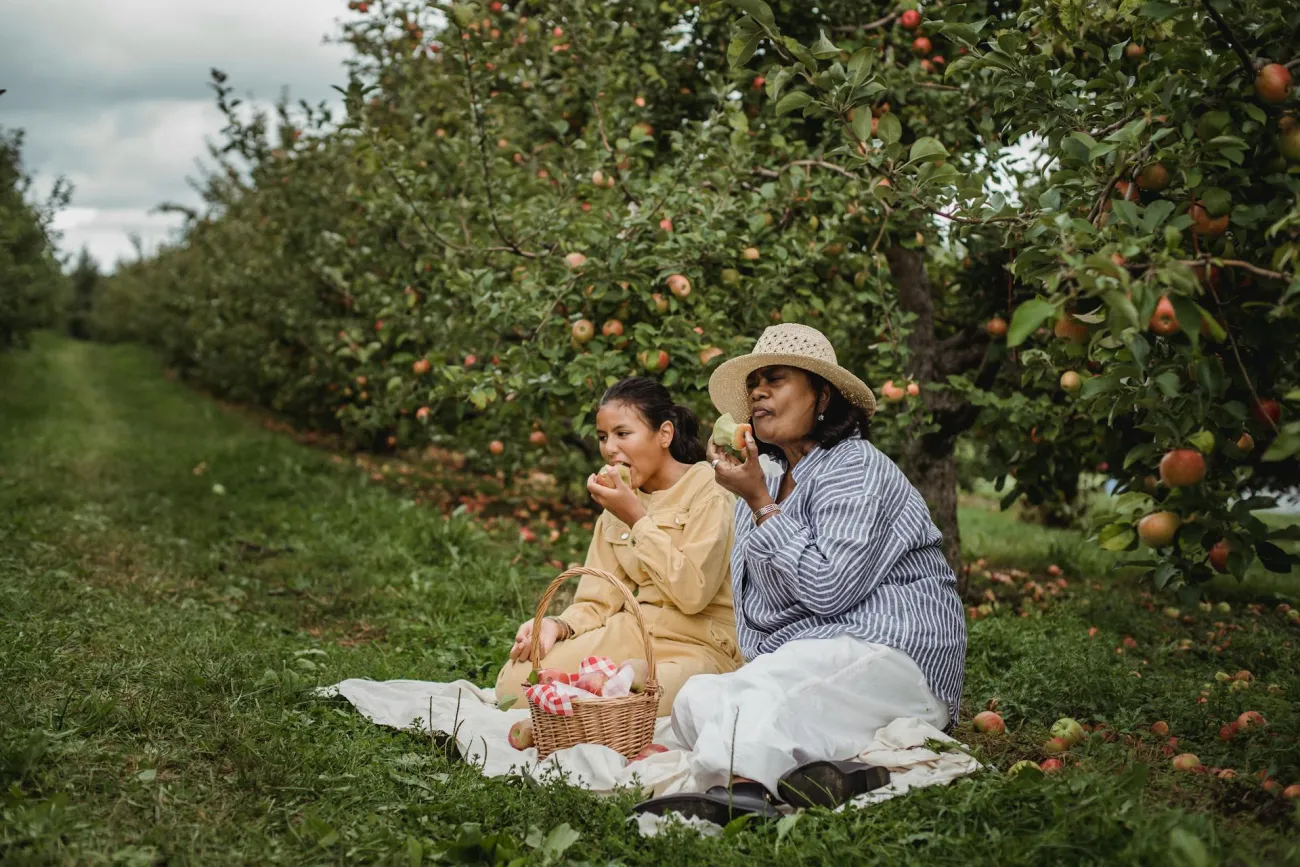Episode summary
If more and more gene-edited foods become common on our plates, is that a sign of a promising or worrying food future? With Dr. Lauren Crossland-Marr, food anthropologist and host of the podcast A CRISPR Bite, we unpack whether it’s fair to call CRISPR a natural way of "speeding up the breeding" process, whether technological innovations such as gene editing are addressing root causes of food systems challenges, and if there’s space for middle ground on such a polarizing issue.
About Lauren Crossland-Marr
Dr. Lauren Crossland-Marr is a cultural anthropologist and Assistant Professor at the University of La Verne. Her research centers on foodways, agriculture, and technology. She was previously a Postdoctoral Researcher with GEAP-3, a network of social scientists exploring the application of CRISPR technology to agriculture and foodways. As part of the project, she wrote, hosted, and produced a podcast called A CRISPR Bite alongside podcast executive producer Corinne Ruff. She currently lives in California with her husband, daughter, and Great Pyrenees, Kiss Kiss. When she is not researching, writing, and teaching, she spends her time quilting.
Background reading and resources
Podcast series: A CRISPR bite: How gene editing technology is changing our food (GEAP3, 2023)
A CRISPR bite episodes mentioned: Tomatoes ; Cattle (2023)
TABLE Letterbox: Cultivated Genetically Modified Organisms in Ethiopia (Hiwote Bekele and Tesfaye Shiferaw Sida, 2021)
Book: First Fruit (Dr. Belinda Martineau, 2001)
Related Feed episodes
Channa Prakash on GMs, Golden Rice, and the Green Revolution
Julie Guthman on Capital, Tech and Alternative Food
What's a natural diet? (with Amy Styring)
Should food systems be more natural?



Comments (0)